Comments
- No comments found
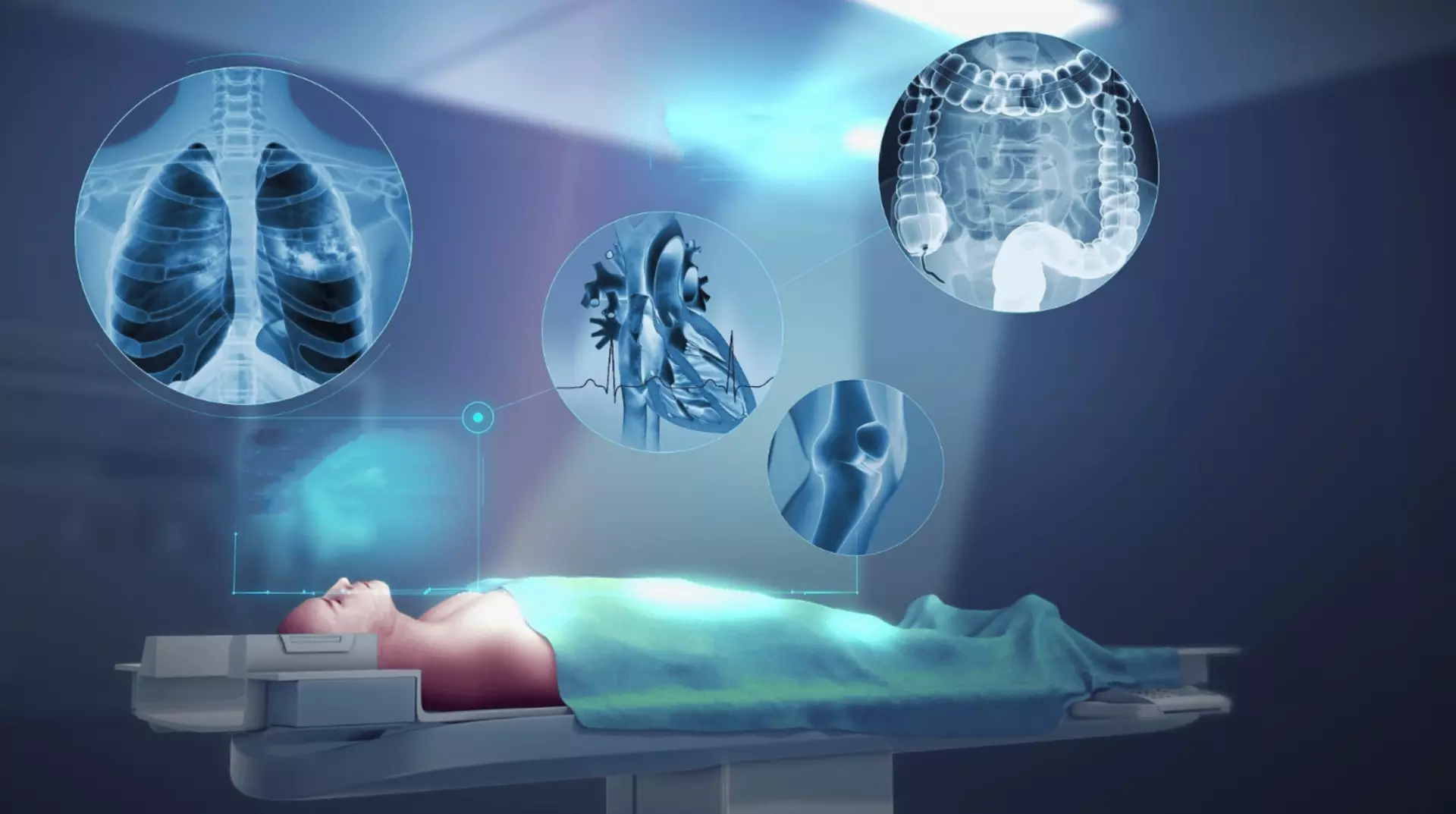
The use of machine learning (ML) in healthcare can help medical professionals save millions of lives.
Being healthy and capable of doing basic tasks is one of the prime priorities for people across the globe. Human beings tend to go way beyond their limits when the health of a loved one is at risk. Even though the current healthcare systems are helpful, they have time and again proved that they too are prone to errors. With healthcare errors being the third leading cause of deaths in the US in 2018, the need for a makeover in the current healthcare system exists, and technology stands up to the requirement. Machine learning being a technology that can help human beings by learning from them, smart machines operate on the algorithms provided to them. In today’s age where there is a plethora of information and big data in healthcare strives to improve the current healthcare systems, machine learning can surely make a mark in its initiative to improve human health. Here are five exciting applications of machine learning in healthcare.
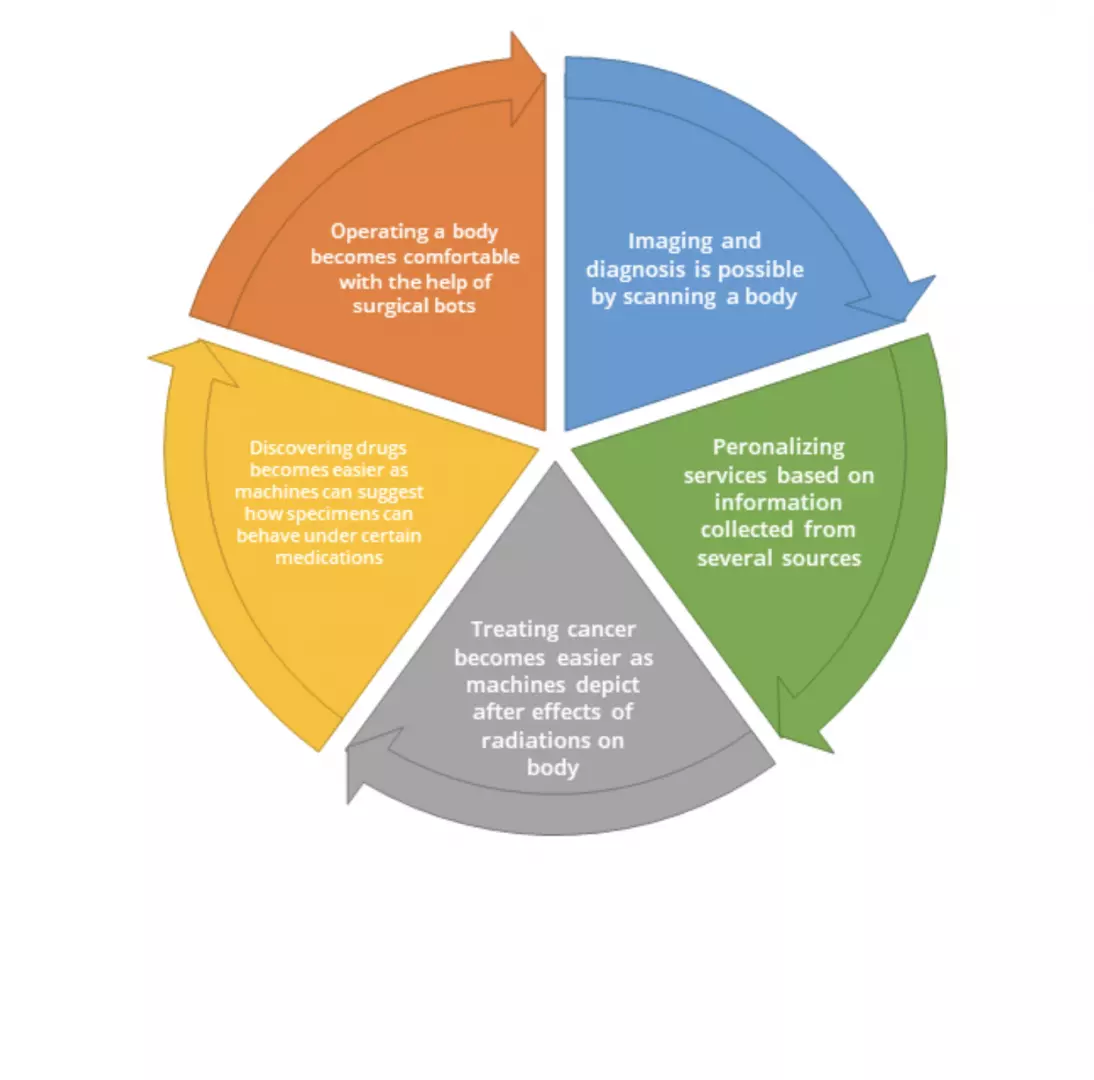
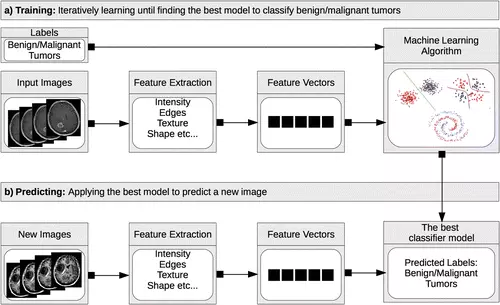
Source: Radiological Society of North America
With machine learning advancing at an astounding speed, machine learning is an active application in diagnosis of human diseases. As machine learning operates on algorithms, healthcare specialists are aiming to leverage this technology in their field by actively developing algorithms and providing information to machines that can help them in imaging and analysing human bodies for abnormalities. By using smart machines on a human body, the machines can quickly scan through the body and can click images to detect diseases early on.
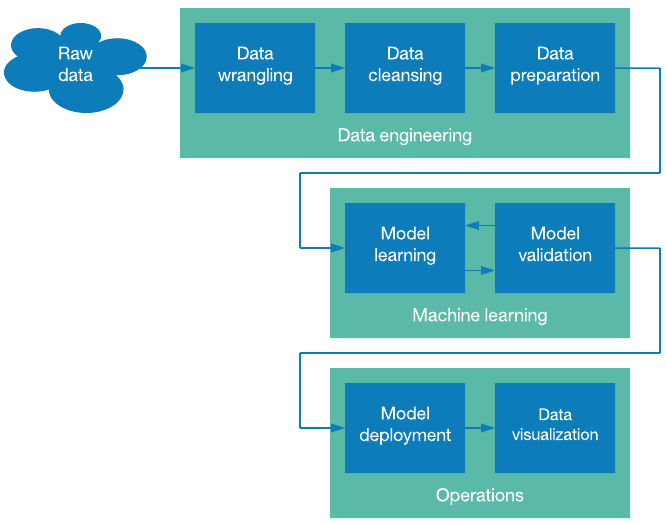
Personalization is what humans like when they go anywhere. As big data has several applications and gathers information from every possible source, leveraging the same to improve human life can be helpful for doctors to provide people with enhanced services. When ML can accommodate sufficient information about a user, doctors can personalise the treatment options. This personalization of services is possible with the help of machines providing insights about risks of a particular patient being susceptible to a specific disease. With accurate information and actionable insights, machines can also suggest to users and doctors about remedies and precautionary measures depending on a patient’s response to medications.
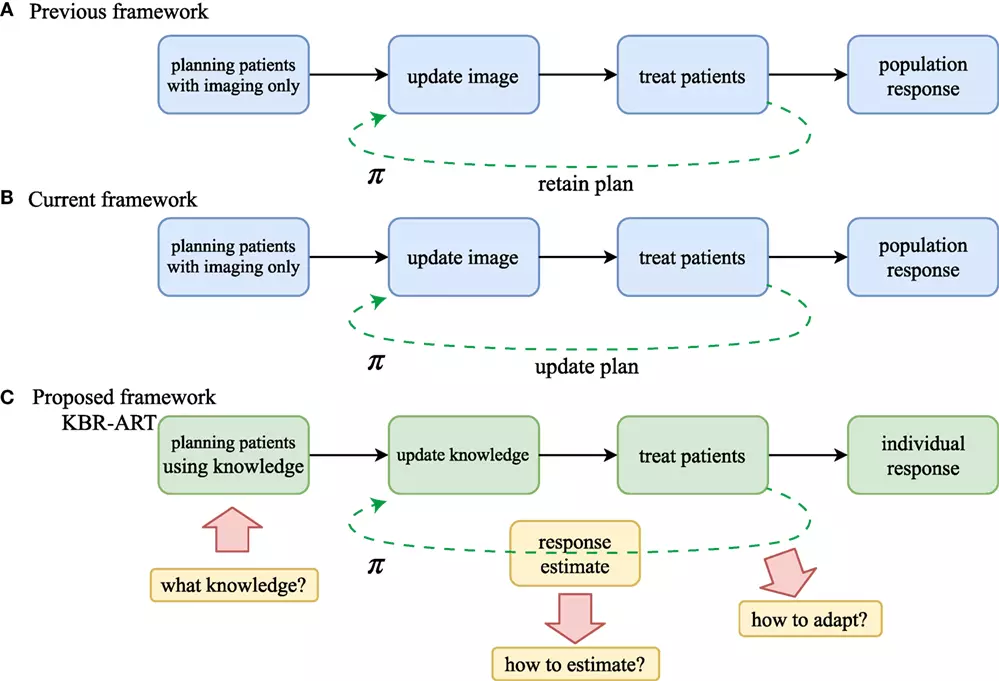
Machine learning has proved its worth and capabilities to detect cancer in the past and is one of the most viable options for leading healthcare pioneers to identify any abnormalities. With such performance, ML is proving to be another strong option for radiology and radiotherapy. Doctors can use this technology to scan through the possibilities of a patient’s response to a specific input of radiation through their body. ML can also help doctors and surgeons in deciding what and how intense a radiation would be required depending on how well the patient responds to specific amounts of emissions.
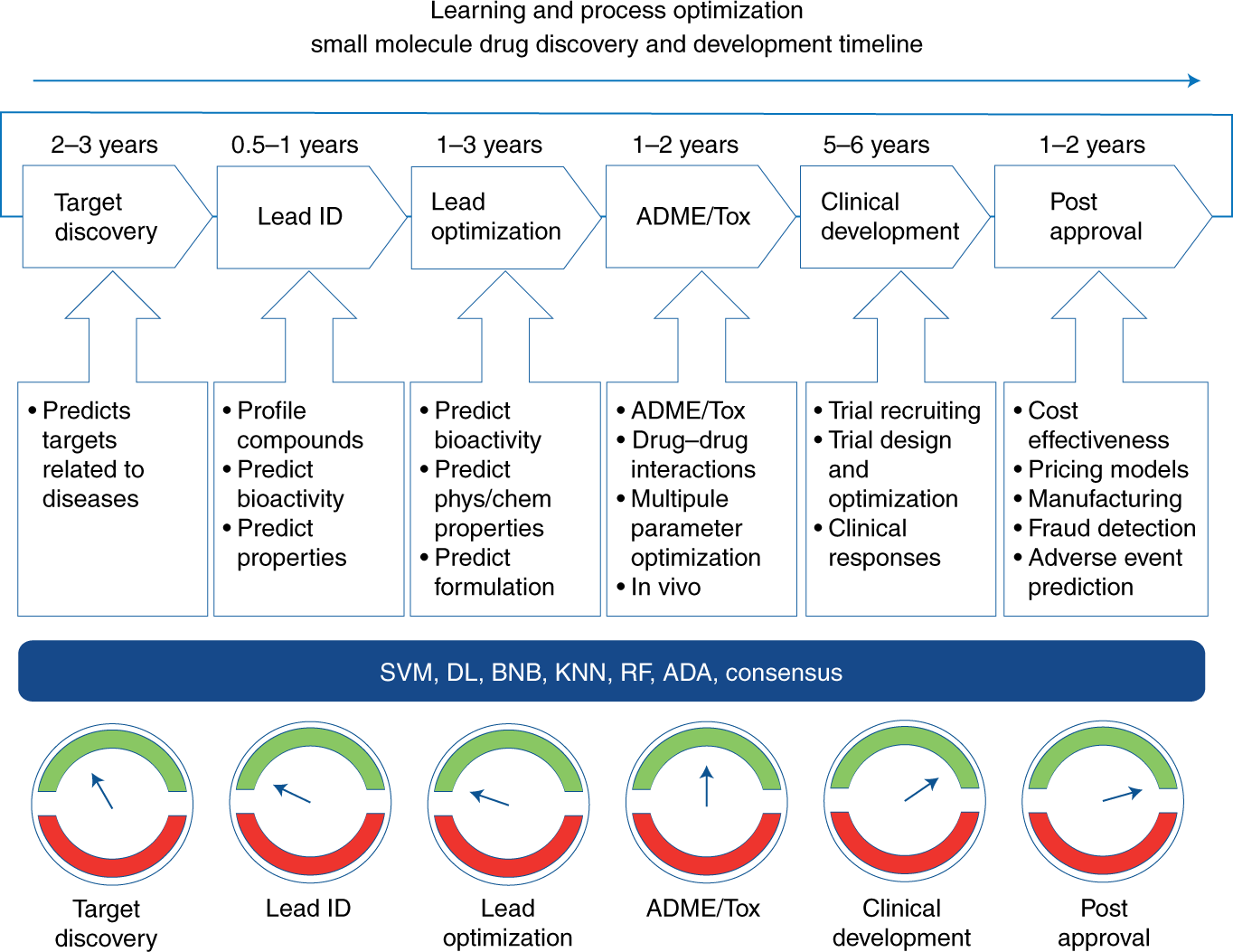
Scientists strive to find ways of how they can discover newer ways to cure certain deadly diseases. With rigorous attempts at improving healthcare, they search for different drugs that can behave as advanced medicines and perform experiments that are focused solely on how these medications can help. Machine learning algorithms help scientists by providing them information about how to improve drug performance and behaviour of the same on a test subject. The behavioural details that are noted from a test subject and a dummy drug can be noted and ML algorithms can be used to determine how those medications perform on a human being.
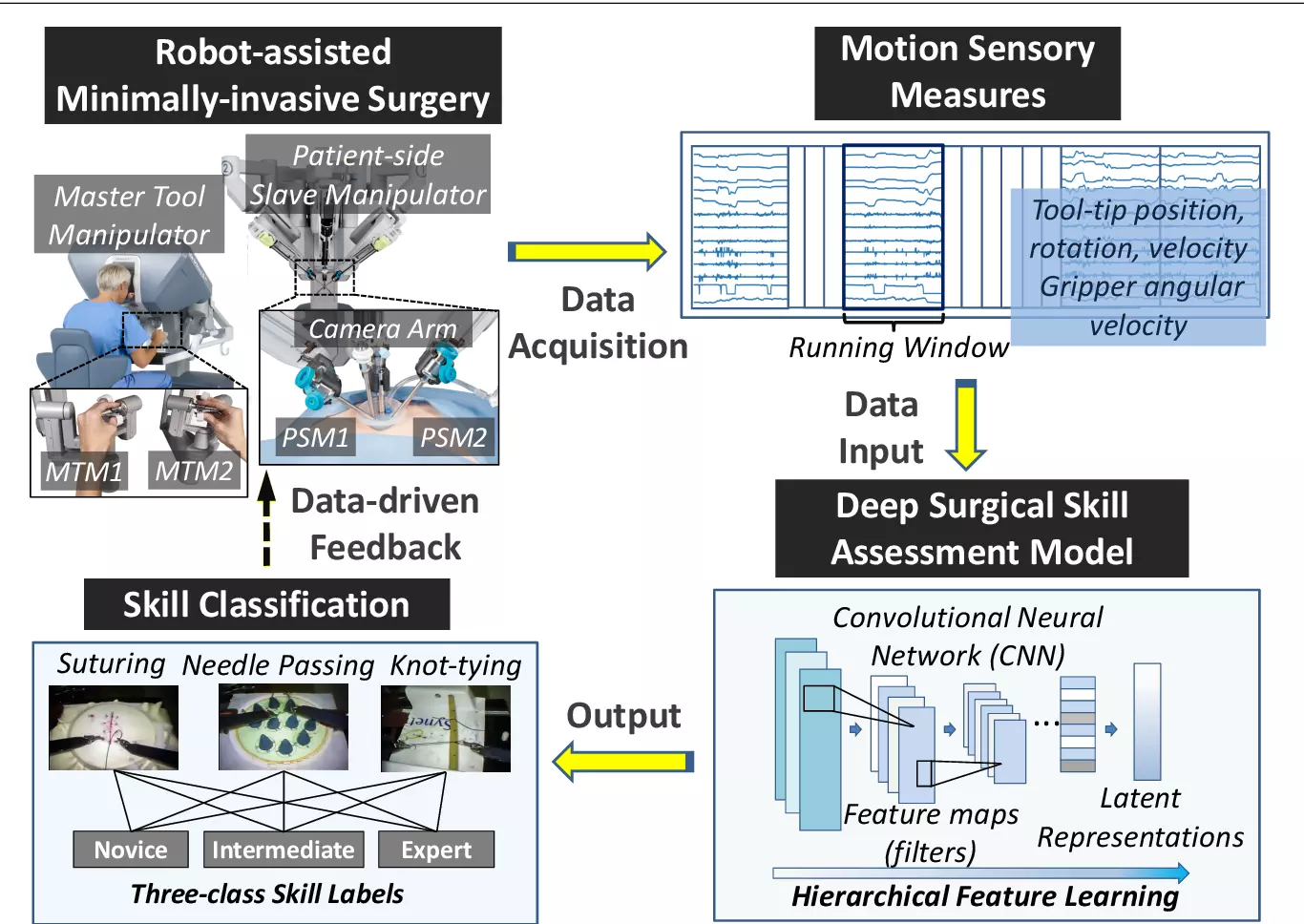
Current technological innovations continuously strive to improve the healthcare situation for patients and doctors. When machines focus on improving the performance of operations, they can help doctors by using surgical robots. These surgical robots prove to be of great help to doctors as they provide doctors with high definition imagery and extended flexibility to reach out in areas that are crucial for a doctor. Machine learning has several other applications in numerous fields that try to improve human life. As healthcare pioneers are working to improve the current scenario of their industry consistently, they can now search for ways in which their organization can leverage this technology and how they can benefit from the same.
Naveen is the Founder and CEO of Allerin, a software solutions provider that delivers innovative and agile solutions that enable to automate, inspire and impress. He is a seasoned professional with more than 20 years of experience, with extensive experience in customizing open source products for cost optimizations of large scale IT deployment. He is currently working on Internet of Things solutions with Big Data Analytics. Naveen completed his programming qualifications in various Indian institutes.
Leave your comments
Post comment as a guest